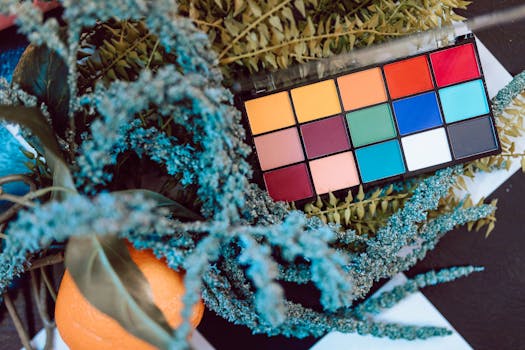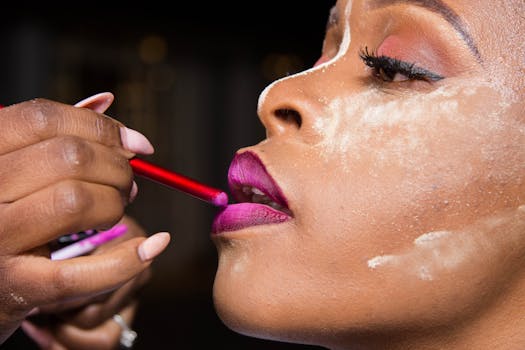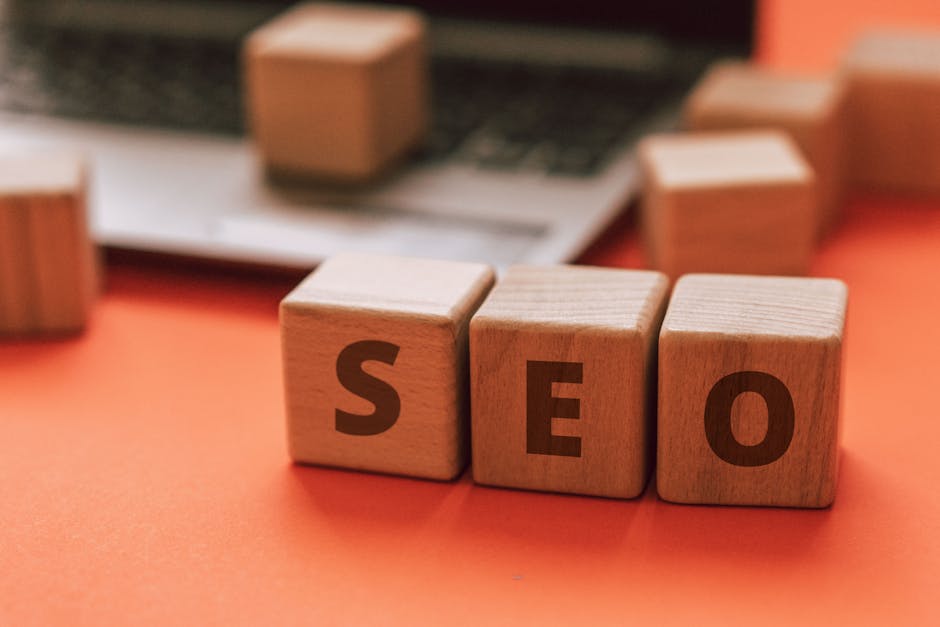
Tech Meets Beauty: The Impact of AI on Trends in 2025
Takeaways: In 2025, artificial intelligence is not just a trend; it is a transformative force in the beauty industry. AI is enhancing personalization, driving sustainability, and fostering innovation, leading to a new era of beauty practices that cater to individual needs while being environmentally conscious. From smart skincare diagnostics to AI-powered beauty apps, the convergence of technology and beauty is set to redefine consumer experiences.
The beauty industry is undergoing a remarkable transformation driven by technological advancements, particularly in artificial intelligence (AI). By 2025, AI is predicted to play a pivotal role in shaping beauty trends, redefining how consumers interact with beauty products and services. This article delves into the key areas where AI is making a significant impact, including personalization, innovation, sustainability, and the overall consumer experience.
1. Personalization: The New Standard in Beauty

AI-powered beauty apps are becoming essential tools for consumers, enabling them to scan their skin and receive personalized skincare regimens. These apps utilize machine learning to adapt recommendations based on user feedback and changing skin conditions. For instance, if a user reports increased dryness, the app can adjust the product recommendations accordingly, ensuring the consumer always has the best-suited products for their current needs.
Moreover, brands are leveraging AI to create personalized shopping experiences. Virtual try-on technology, powered by AI, allows users to see how different products look on their skin tone or facial features, providing a more engaging and tailored shopping experience. This level of personalization not only enhances customer satisfaction but also fosters brand loyalty, as consumers feel more connected to brands that understand their individual needs.
2. AI-Driven Innovation in Products and Services

For instance, AI can analyze social media trends to identify emerging ingredients or beauty routines. Brands that harness this data can quickly innovate and launch products that resonate with consumer interests. Furthermore, AI-driven simulations enable brands to test formulations virtually before physical production, reducing waste and speeding up the process of bringing new products to market.
In addition to product innovation, AI is enhancing service offerings in beauty salons and spas. Automated skin analysis tools powered by AI are helping estheticians provide more accurate assessments of skin conditions, leading to more effective treatments. These tools analyze various factors, such as skin texture and hydration levels, to recommend tailored services that address specific concerns.
3. Sustainability and Ethical Practices in the Beauty Industry

AI algorithms can analyze the environmental impact of sourcing materials, helping brands choose sustainable options that minimize their carbon footprint. Additionally, AI-driven analytics can track product lifecycle from production to disposal, enabling brands to implement circular economy practices effectively.
Moreover, AI is instrumental in formulating products that are both effective and sustainable. By analyzing consumer preferences for natural ingredients, brands can develop formulations that meet these demands while adhering to eco-friendly standards. This alignment with consumer values not only enhances brand reputation but also drives sales among environmentally conscious consumers.
4. Enhancing Consumer Experience through AI

For example, AR applications will allow users to visualize how different products would look on them before making a purchase. This technology bridges the gap between online and in-store experiences, making shopping more interactive and less daunting for consumers. Furthermore, AI chatbots will provide instant customer service, answering queries and offering personalized recommendations 24/7, enhancing convenience for consumers.
Social media platforms will also be transformed by AI, as brands utilize machine learning to understand consumer behavior and preferences. This data-driven approach enables more targeted marketing campaigns that resonate with specific demographics, leading to higher engagement and conversion rates.
Conclusion

In summary, as AI technologies mature, their integration within the beauty sector will foster a new era of personalization, innovation, and sustainability, ultimately reshaping how we understand and engage with beauty.





